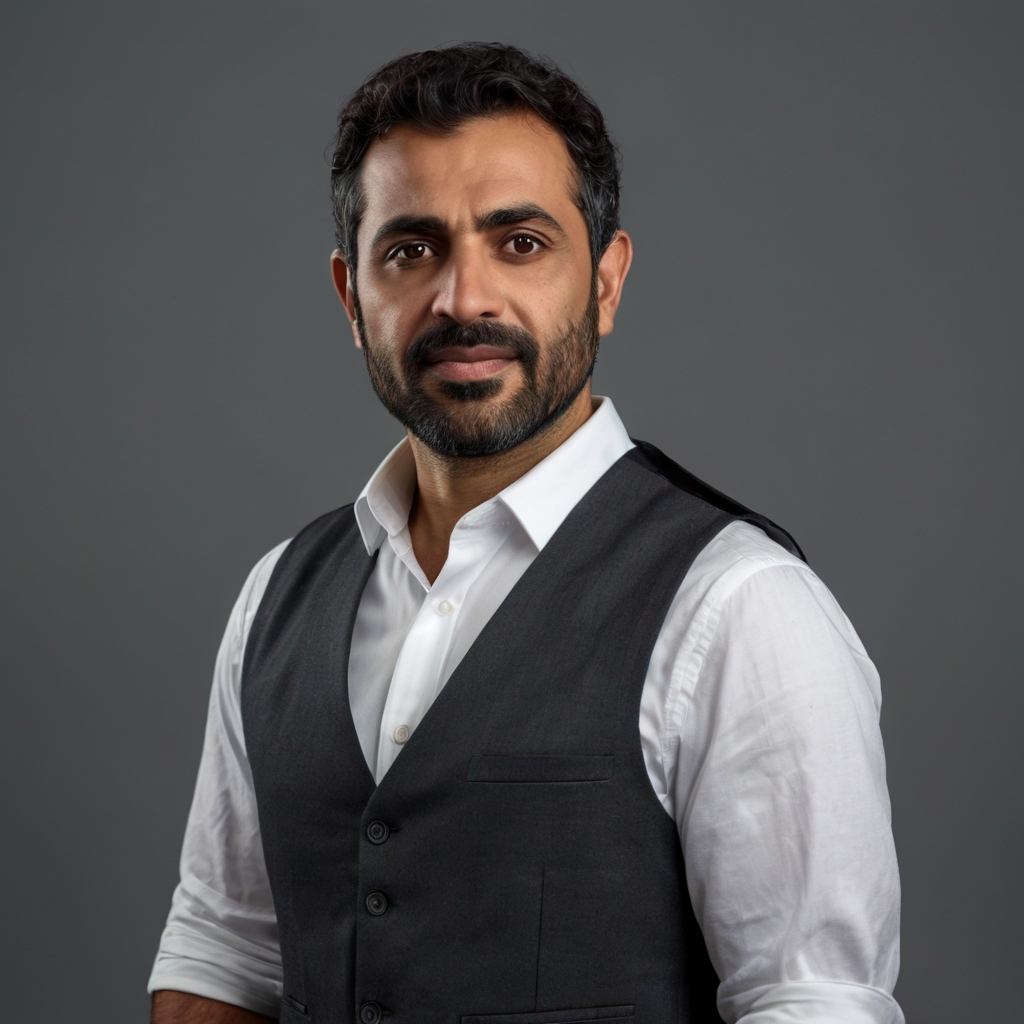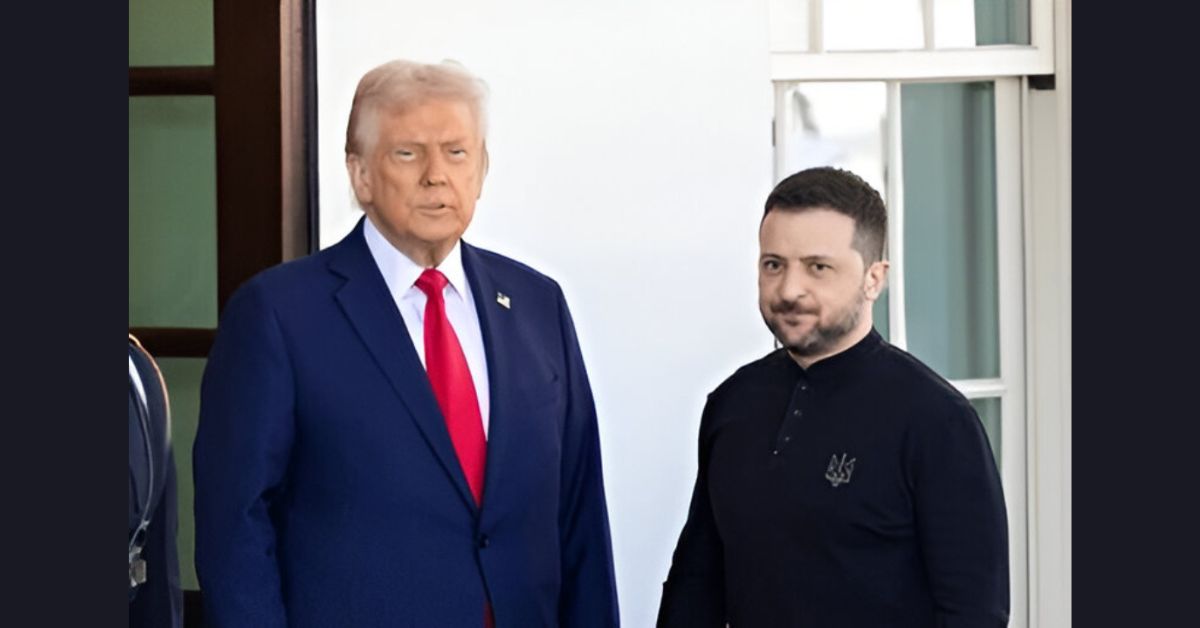WASHINGTON, D.C. — European leaders voiced guarded optimism on Tuesday, August 19, 2025, following a White House summit where U.S. President Donald Trump and Ukrainian President Volodymyr Zelenskyy discussed pathways to end Russia’s war in Ukraine. The meeting, attended by German Chancellor Friedrich Merz and Italian Prime Minister Giorgia Meloni, marked a step toward unified U.S.-European efforts, with a Putin-Zelenskyy meeting planned within two weeks, according to Bloomberg.
German Chancellor Merz, speaking after the talks, highlighted the potential for progress. “We are cautiously optimistic that these discussions can pave the way for a just peace,” he told reporters, per Bloomberg. Meloni echoed the sentiment, stressing the importance of “coordinated action” to support Ukraine’s sovereignty. The summit built on Trump’s recent Alaska talks with Russian President Vladimir Putin, which failed to secure a ceasefire but set the stage for further negotiations.
Key points from the discussions include:
- Security Guarantees: Leaders emphasized NATO-backed assurances for Ukraine’s defense.
- Ceasefire Framework: A focus on halting hostilities, with Turkey as a potential host for talks.
- Aid Commitment: Europe’s pledge of €50 billion in additional support by 2026.
The talks addressed Ukraine’s urgent needs amid a conflict that has killed over 40,000 and displaced millions since February 2022. Zelenskyy’s use of maps to illustrate Russian-held territories underscored the stakes, with 18% of Ukraine still occupied. Posts on X, including from @GlobalEyeNews praised the transatlantic unity but noted skepticism about Russia’s willingness to negotiate. As the UN General Assembly looms in September, European leaders hope the upcoming Putin-Zelenskyy meeting will yield concrete steps toward de-escalation, though challenges like China’s support for Russia remain a concern.
Source: Bloomberg
Author
-

Tyler Grayson brings global events to your screen with clarity, depth, and context. With a background in political science and international relations, Tyler covers diplomacy, global conflicts, climate issues, and major policy shifts with a balanced, facts-first approach. His reporting connects the dots between headlines and their real-world impact.







